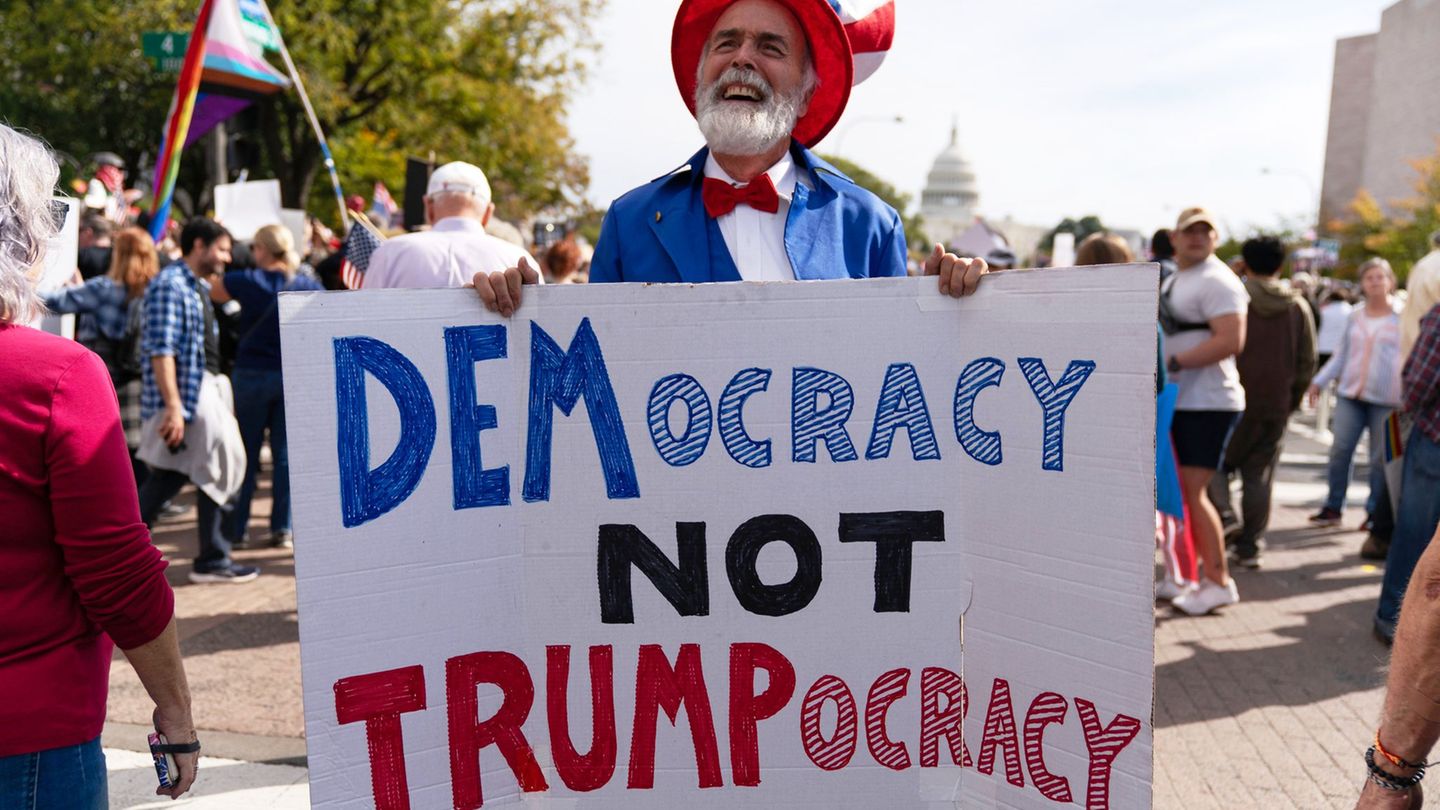In Syria, a country divided for a decade into areas controlled by the government and by rebel factions, a Turkish soap opera that tells the life of the presidential family keeps the population on edge.
The fiction, “Smile, oh general”, is interpreted by exiled actors who, for the most part, oppose the Government of Bashar al Assad.
Although the story takes place in an imaginary country, the references to the Assad family are clear, with palace intrigues, interference in a small neighboring country, arrests of opponents or the exploitation of Islamists, reported the AFP news agency.
The series is broadcast on a television channel that operates in the rebel areas and on a channel in Qatar. Residents of government-controlled areas can watch it on a delayed broadcast on Youtube.
The lead actor, Maxim Khalil, who bears a strong resemblance to Bashar al Assad, plays Fourat, the head of state. As in reality, in the series he succeeds his father after his death, although in fiction he assassinates a government cacique who opposes his succession, while in Syria the transition was peaceful.
The soap opera, which will end next Friday, revolves around the struggle for power between the president and his younger brother, Así, chief of staff.
The conflict is inspired by the relentless war in the 1980s between Hafez al Assad and his younger brother Rifaat, who ended up in exile in Europe.
Also, in the rivalry between Bashar al Asad and his younger brother Maher, de facto leader of the Fourth Division, the elite unit of the Syrian army.
The family also has a rebellious sister, modeled after Buchra al-Assad, who settled in Dubai after the death of her husband, a senior security official killed in 2021 in a mysterious attack.
Actor Abdel Hakim Qteyfan, a former opponent who spent nine years in prison under Hafez al-Assad, plays the powerful director of the president’s intelligence services.
The series also evokes the preponderant role of the president’s wife, Asma al Assad, who has consolidated her power over the years, particularly in the economic field.
Each episode begins with a quote from Machiavelli’s ‘The Prince’.
Source: Ambito




